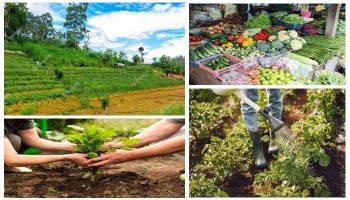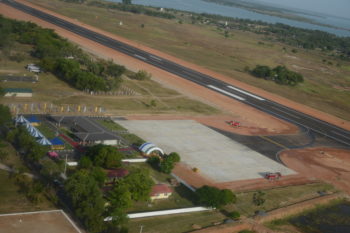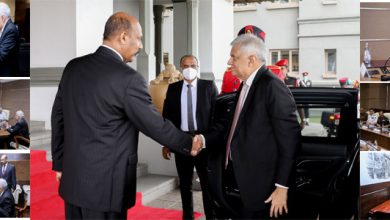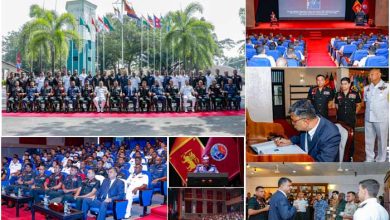Environment Literacy – for Sustainable Development and a Greener Future
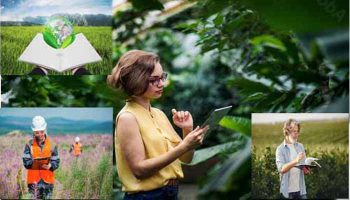

Assistant Director ( Environment Pollution Control & Chemical Management) Ministry of Enviornment
Enviornment Literacy means an individual’s understanding, skills and motivation to make responsible decisions that considers his or her relationships to natural systems, communities and future generations.
Environment Literacy can further be explained as acquiring environment knowledge, changing attitudes and behaving positively to protect the environment.

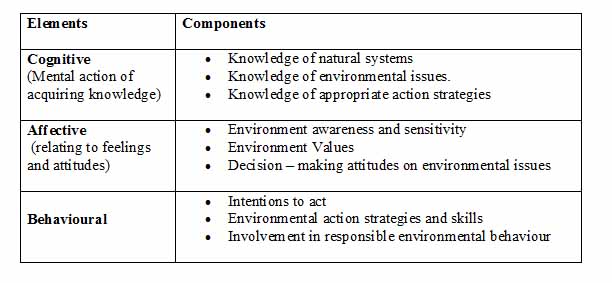
At present the world is facing many environmental issues, such as climate change,environment pollution, loss of bio diversity, land degradation etc. Irrespective of the economic status, whether rich or poor, many countries are struggling to overcome these environmental challenges. This highlights the importance of environment literacy, in minimizing enviornmental impacts.
Nature provides the life support system for all human beings, through supply of air, water and food. In addition raw materials too are provided by nature for clothing, shelter and all other needs. Therefore environment need to be protected to lead healthy comfortable lives. In view of this environment literacy is very important in making correct decisions to bring about sustainable development.
How can we improve environment literacy in the community?
The environment literacy could be improved through formal, informal or non- formal education.
Formal Education: At present environment education is incorporated in to the curricular of formal education system, which needs to be recognized and appreciated, but it is observed that the practical knowledge on environment related subjects and the opportunity for the students to enjoy and appreciate the environment is minimum or lacking in most of the courses. This badly affects the students in building love and respect for the environment. Therefore more practical activities have to be incorporated in to the curricular to make the students more interested in learning about the environment.
Informal education: Hikes, field visits etc will provide opportunities to enjoy the environment and learn about the environment in an informal way. Nature based tourism,/ Ecotourism too will provide learning opportunities for the visitors. In addition reading books, and browsing recognized websites will provide opportunities for informal education for learners interested in environment.
Non – formal Education: Some recognized environment organizations provide environment educational programmes for students and adults. Similarly schools too have nature clubs and environment programmes that provide non – formal education on environment for students.
Environment literacy will provide opportunities for individuals to find solutions for environment issues in order to minimize them. In addition environment literacy will promote ethical behaviour in individuals, to protect the environment.
Environment Literacy should be improved in decision makers, the political leadership and in the communities, which will help in minimizing resource wastage, and destruction of eco-systems.
Therefore improving environment literacy in all individuals is very important in enhancing sustainable use of natural resources, minimizing pollution in order to protect the environment.
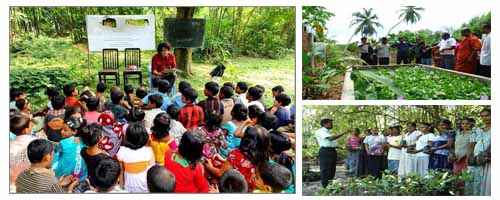
Enviornment Education
Traditional or indigenous knowledge on enviornment too has been very useful and recognized all over the world in understanding nature and preserving the eco systems.
Environment literacy should be provided to promote green concepts and environment friendly behaviour at household level and instituional level. This will lead to green villages and green cities which will bring about ecofriendly healthy living for all.


